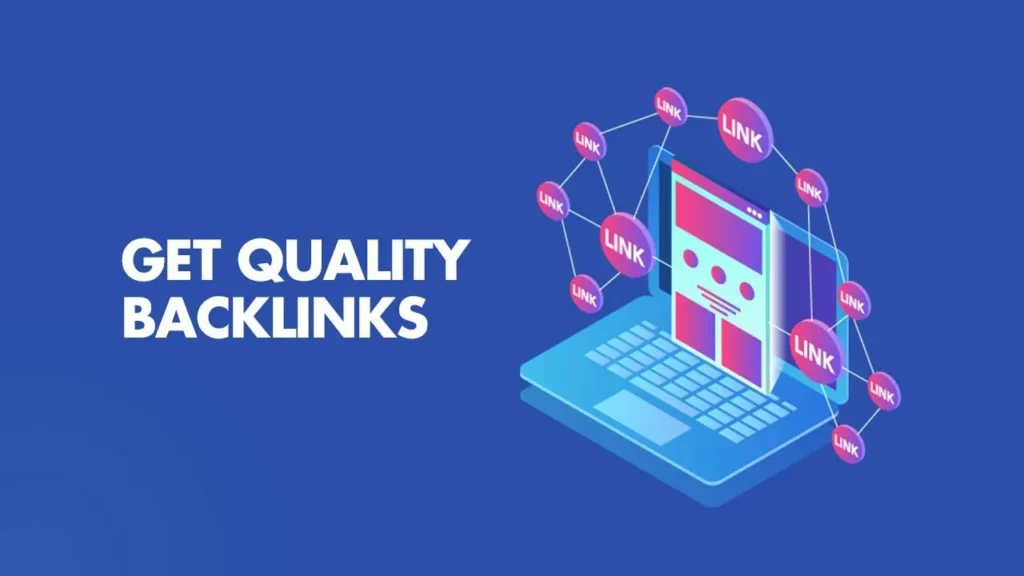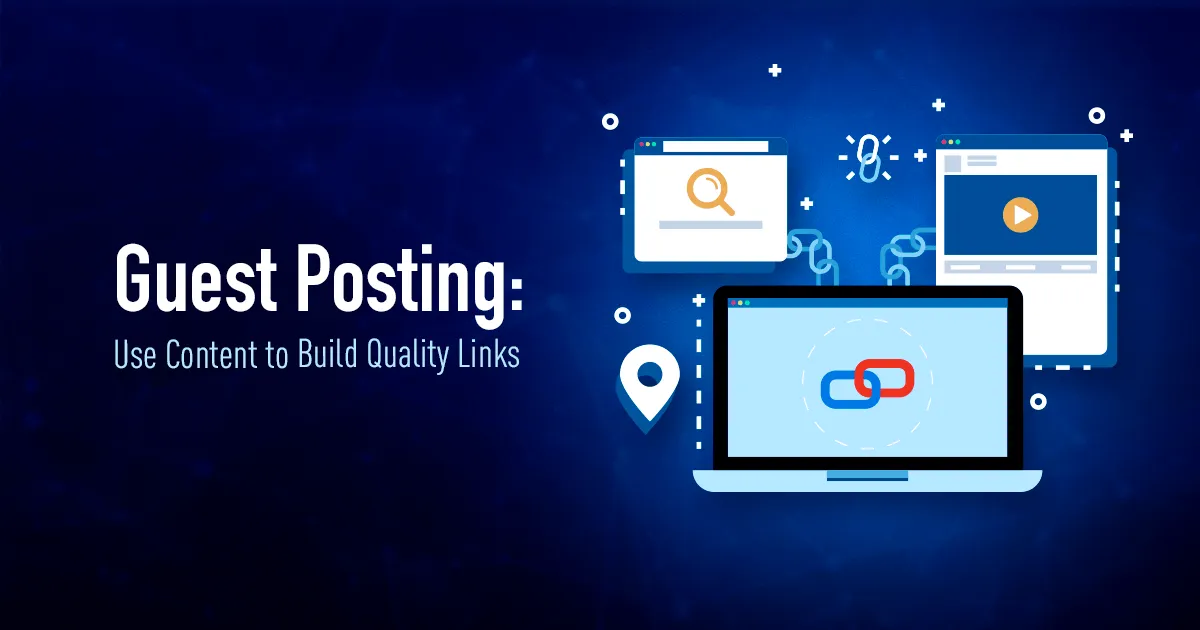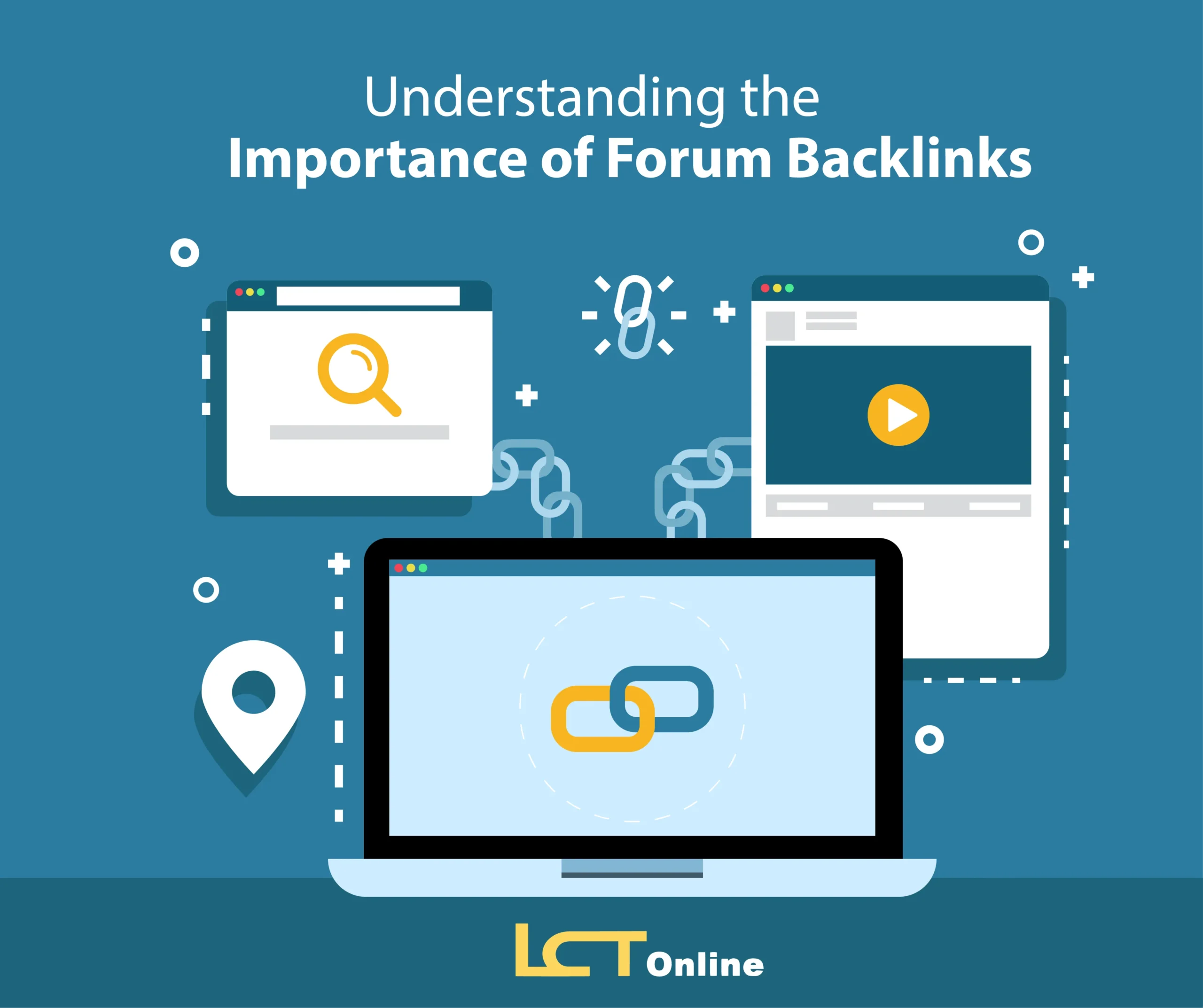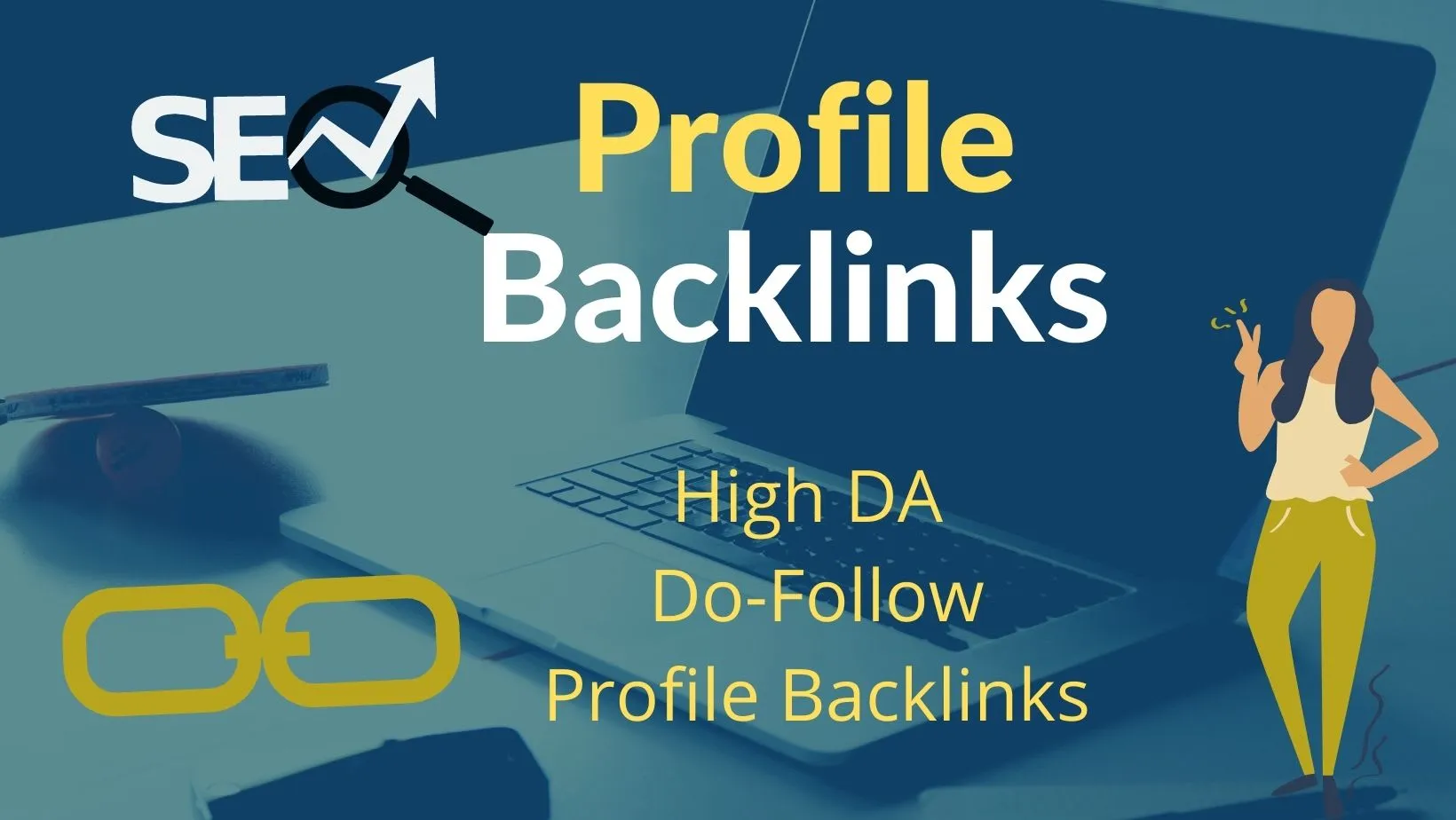Introduction
Search engines like Google use backlinks as one of the strongest signals for ranking websites. A backlink is essentially a vote of trust from one website to another. The more high-quality website backlinks you earn, the more authority and credibility your site gains.
But not all backlinks are equal. Spammy or low-quality links can harm your SEO, while authoritative links from relevant sites can boost your rankings instantly.
In this article, we’ll explore 10 proven strategies for building website backlinks that actually work. Each method is actionable, ethical, and designed for long-term growth.

1. Guest Posting on Relevant Blogs
Guest posting remains one of the most effective ways to secure website backlinks. By contributing valuable content to other websites in your niche, you earn a backlink while reaching new audiences.
Best Practices:
- Target blogs with strong domain authority.
- Offer unique and actionable content.
- Place links naturally within the article or author bio.
2. Broken Link Building
Broken links frustrate both users and site owners. This creates an opportunity for you.
Steps:
- Use tools like Ahrefs or Screaming Frog to find broken links.
- Create content that can replace the missing resource.
- Reach out to the site owner and suggest your content.
This strategy builds goodwill and earns you high-quality website backlinks.
3. The Skyscraper Technique
This technique involves improving existing popular content in your niche.
How It Works:
- Find articles that already have many backlinks.
- Create a better version—more detailed, more current, or with visuals.
- Reach out to sites linking to the original article and suggest yours.
This method helps you win backlinks by offering superior value.
4. Leverage HARO (Help a Reporter Out)
HARO connects journalists with sources. By responding to relevant queries, you can get quoted in major publications.
Why It’s Powerful:
- Backlinks from authoritative media outlets.
- Increased brand visibility.
- Builds credibility in your industry.
5. Build Resource Pages and Ultimate Guides
Websites love linking to comprehensive resources. If you create a detailed guide or resource page, you’ll attract backlinks naturally.
Examples:
- “Complete Guide to Local SEO”
- “Ultimate List of Free Marketing Tools”
The more useful your content, the more likely it will be cited.

6. Create Linkable Assets
A linkable asset is content that’s so valuable, people can’t help but link to it.
Types of Linkable Assets:
- Infographics.
- Case studies.
- Research reports.
- Free online tools.
When done right, these assets continue generating website backlinks long after they’re published.
7. Engage in Blogger Outreach
Outreach is about building relationships with website owners and influencers in your niche.
Tips for Success:
- Personalize your outreach emails.
- Show genuine interest in their content.
- Offer collaboration instead of just asking for a link.
Outreach helps you build long-term backlink opportunities.
8. Directory Submissions and Local Citations
For local businesses, directories are still valuable for backlinks.
Examples:
- Google Business Profile.
- Yelp.
- Niche-specific directories.
While you should avoid spammy directories, reputable ones add authority to your site.
9. Use Testimonials for Backlinks
Companies often showcase testimonials from customers on their websites. By writing one for a product or service you use, you can earn a backlink.
Example:
“I’ve used [Tool Name] for two years, and it has transformed my SEO campaigns.”
In return, the company may link back to your website.
10. Leverage Social Media and Forums
While social links are usually nofollow, they can indirectly generate backlinks.
How:
- Share content on LinkedIn, Reddit, and Quora.
- Engage in niche communities.
- Encourage discussions that drive organic links.
Visibility leads to shares, and shares often lead to backlinks.
Common Mistakes in Building Website Backlinks
- Buying spammy links.
- Overusing exact-match anchor text.
- Ignoring content quality.
- Focusing on quantity instead of quality.
Avoid these errors to maintain a strong and natural backlink profile.

The SEO Impact of Website Backlinks
Website backlinks play a crucial role in:
- Improving domain authority.
- Boosting organic rankings.
- Driving referral traffic.
- Building brand credibility.
Remember: Proven strategies that boost rankings instantly are not about shortcuts, but about building website backlinks through quality and consistency.
Best Practices for Long-Term Backlink Success
- Create valuable, evergreen content.
- Build relationships in your industry.
- Monitor backlinks regularly with SEO tools.
- Disavow harmful links.
- Stay updated with Google’s algorithm changes.
Conclusion
Website backlinks are one of the most powerful ranking factors in SEO. By applying strategies like guest posting, broken link building, resource page creation, and blogger outreach, you can consistently earn high-quality links.
Backlinks are more than just technical SEO—they represent trust, credibility, and authority in the digital space. If you want long-term search engine success, focus on building backlinks the right way: ethically, strategically, and consistently.








